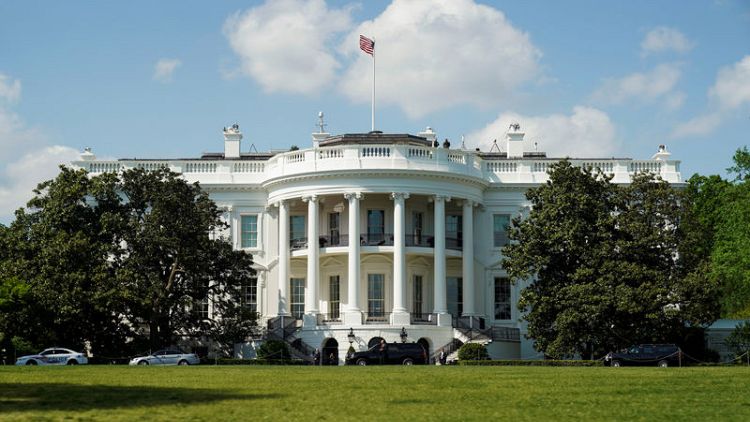SAN JUAN (Reuters) - The White House said on Monday it will ask the U.S. Senate to confirm the current members of Puerto Rico's federally created financial oversight board after creditors of the bankrupt island successfully challenged the appointments on constitutional grounds.
The move lifts a cloud over the board as it attempts to restructure Puerto Rico's core government debt under a form of bankruptcy after winning court approval for deals involving the U.S. commonwealth's sales tax-backed bonds and Government Development Bank debt.
The First Circuit U.S. Court of Appeals ruled Feb. 15 that the board had been unconstitutionally appointed because its seven members are principal U.S. officers and should have been selected by the president "with the advice and consent of the Senate."
The court set a 90-day deadline to allow President Donald Trump and the Senate to constitutionally validate the current members' appointments or reconstitute the board.
The oversight board last week filed a petition to the U.S. Supreme Court in an effort to overturn the ruling. The board also asked the Boston-based court to stay the 90-day deadline.
The lawsuit over the board members, which was filed by creditors of the U.S. commonwealth, including Aurelius Investment LLC and bond insurer Assured Guaranty Corp, also sought a dismissal of Puerto Rico's Title III bankruptcy cases - a move the appeals court rejected.
On Monday, those plaintiffs objected to the board's motion to stay the court's deadline, saying the move would be "a travesty of both justice and our Constitution," and that the board failed to establish probability that the Supreme Court would reverse the appeals court ruling.
Under the 2016 federal PROMESA law, then-President Barack Obama appointed six board members from lists of candidates recommended by Congress, as well as a seventh member. Under that process, PROMESA did not require the appointments to be sent to the Senate for confirmation.
PROMESA gave the board the authority to push Puerto Rico and its approximately $120 billion of debt and pension obligations into a court-supervised restructuring akin to bankruptcy in May 2017.
(Reporting By Luis Valentin Ortiz in San Juan and Karen Pierog in Chicago; editing by Richard Pullin)
